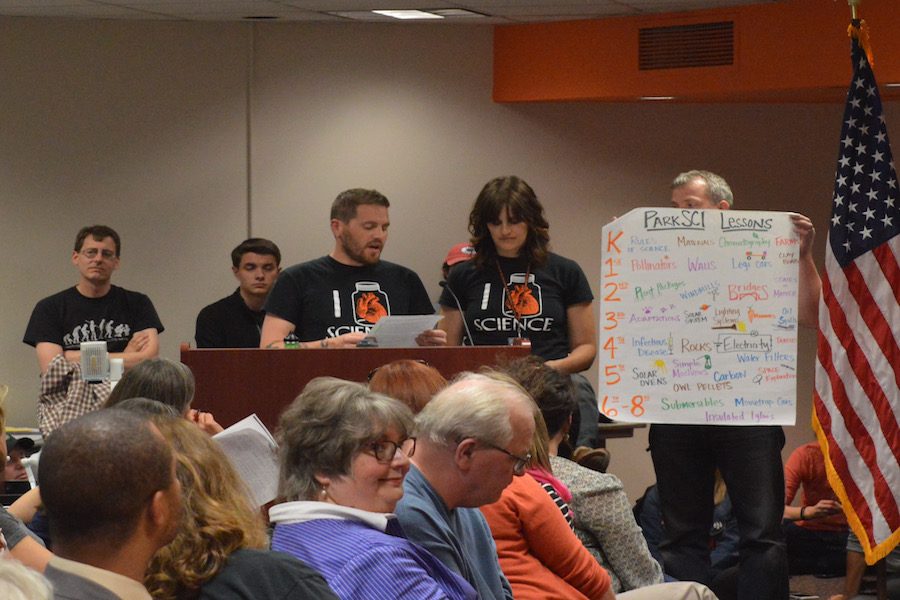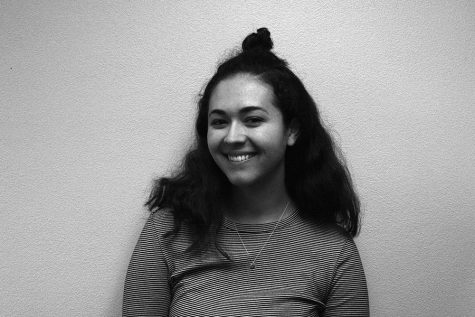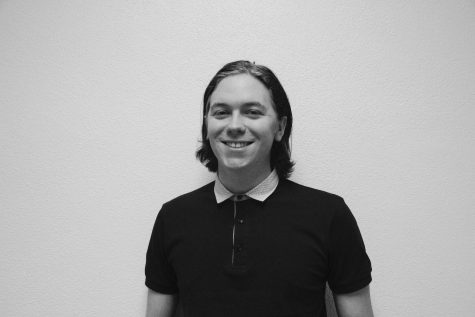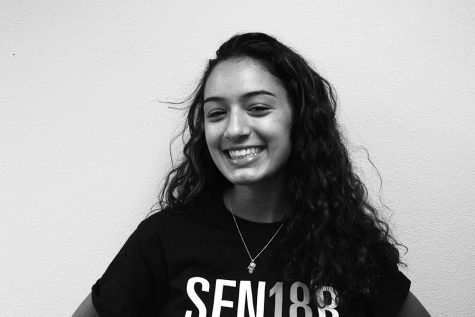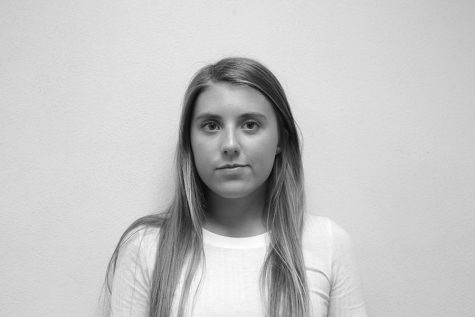Elementary STEM program faces cancellation
Department chair, science teachers speak out against budget cuts at School Board meeting
(From left) At the April 24 School Board meeting, Science teachers Patrick Hartmann and Kristen Moravetz speak out against the decision to cut the ParkSci program from the 2017-2018 budget, while science department chairman Mark Miller holds a sign detailing the benefits of the ParkSci program.
April 24, 2017
Update: This story has been updated to reflect superintendent Metz’s reasoning for the ParkSci program being cut from the 2017-2018 budget.
After an April 24 School Board meeting marked with concerns from faculty and parents regarding elementary science program ParkSci’s cutting from the 2017-2018 district budget, science department chairman Mark Miller said he fears for future science education of Park students.
“If you look at the dollars, all of the dollars that are being cut are directly impacting the students,” Miller said. “It’s not going to be impacting anyone downstairs (in the District Office). To me, that’s where you gotta draw the line.”
According to science teacher and ParkSci mentor Patrick Hartman, the ParkSci program aims to improve science education at the St. Louis Park elementary schools through high school science teachers teaching lessons in science and engineering to the elementary students.
Superintendent Rob Metz said at the School Board meeting the district plans to make $1.2 million in cuts, including cutting the ParkSci program.
“I think the next five years in Minnesota, not just St. Louis Park but all public schools are going to be a little tighter,” Metz said. “We just won’t get as much (money) from the legislature as we usually do. Politically it’s not as good of a time for public institutions coming up so we just have to get ready for that.”
Metz cited an insurance increase of 12 to 14 percent as reasoning for cutting back funds for certain programs next year at the April 24 School Board meeting.
Metz said he made the final decisions about the financial plan, with some advising from others in the district.
“Normally if we made budget reductions we would have all kinds of stakeholders and a long process — this one wasn’t that way,” Metz said. “It was mostly me, I consulted the principals of course of all the schools and then also my cabinet, people that work for me in the district office.”
Senior Ryan Gemilere said he believes ParkSci plays a critical role in building educational interest at a young age.
“I understand (the district needs) to be pragmatic in their budgeting and that funding for (ParkSci) in previous years came from grant programs that are no longer available. But as a community we need to prioritize introducing kids to science at a young age,” Gemilere said. “I fully recognize that not every kid will grow up to become a scientist. However, the critical thinking and the curiosity, which such exposure instills, is vital to anyone looking to go into any professional field.”
Junior Kyle Hedblom said while science remains an important subject, he feels programs like ParkSci aren’t essential for elementary school students.
“I feel like it’s not a necessary program, and even though the elementary school (teachers) do not (always) have a science degree, the kids aren’t learning advanced science. I feel like all of the teachers at the elementary schools are qualified for what they are teaching and I believe that is good enough,” Hedblom said.
Miller said because the district’s elementary schools invested time into ParkSci, their IB curriculums require resources only available through the program.
“Right now, I feel terrible because the ParkSci is embedded in (elementary schools’) IB program,” Miller said. “So now, if it goes away, we have set those teachers up for failure because they dont have the supplies, they dont have the knowledge. We have all the materials (at the high school).”
According to Hartman, the benefits of ParkSci were just beginning to affect students in the program.
“Having the kids show up as ninth graders and they (already) know one third to one half of the science department, they’ve met the teachers already. I think it’s going to bring up some kids’ comfort with science,” Hartman said.
Gemilere said he sees ParkSci’s defunding as possibly dangerous to young students’ interest in science.
“If (Park loses) the program, even if one child less is unable to receive this program, I will consider it a tragedy,” Gemilere said. “Because even if only one child is deprived of this opportunity, that is one child less who may have otherwise had their interest in education and exploration sparked by this outstanding program.”



